Recognising an innovative education model
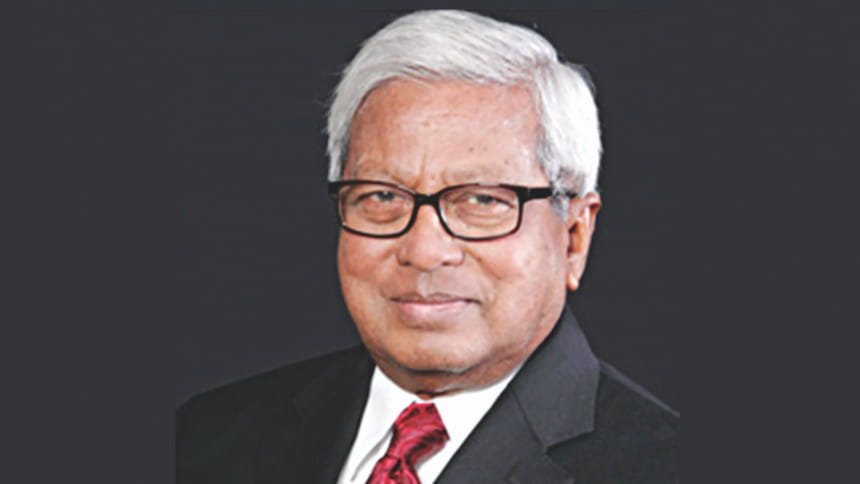
The Yidan Prize 2019 (for education) is the latest of many global awards and recognitions earned by Sir Fazle Hasan Abed, the founder of Brac, for his lifelong contribution to education and development in Bangladesh and 10 other countries, from Afghanistan to Uganda. It is the most prestigious and the largest in value, sometimes described as the Education Nobel Prize. The announcement was made on September 19, in Hong Kong, by Koichiro Matsuura, former Unesco Director-General and the chair of the judging committee for the prize.
The Yidan Prize was established by Chinese philanthropist Charles Chen Yidan, co-owner of Tencent, the Chinese IT company that is one of the largest in the world. Chen set up a 2.5 billion HKD endowment in 2016 from which two prizes, one for education research and one for education development, have been awarded each year since 2017.
The present value of each prize is USD 3.9 million (around Tk 33 crore), half of which is given as a cash prize and the other half as a project fund. The research awardee for 2019 is Professor Usha Goswami of Cambridge University, who got the prize for her pioneering work on neuroscience to understand and prevent young children’s language development problems such as dyslexia.
The mission of the Yidan Prize is to create a better world through education. Charles Chen Yidan believes that by honouring researchers and practitioners who have demonstrated outstanding achievements, the prize will help their work to have a long-lasting global impact.
The judging committee, chaired by Dr Matsuura, consisted of two independent and international judging panels. The panel for research is headed by Andreas Schleicher, chief of education at OECD, while Dorothy Gordon, a distinguished educationist from Ghana, headed the development panel.
The Play Lab project developed and implemented by Brac Institute of Educational Development attracted the attention of the judges. Play is children’s work. It boosts cognitive and socio-emotional development of young children. Memory and language skills are improved and children are better able to learn and manage their own behaviour.
“The team at Brac, led by its founder Sir Fazle Hasan Abed, has taken these scientific findings and implemented an innovative approach that builds on Brac’s decades of experience in empowering the poor through implementation of community-led innovation in education,” said Ms Gordon in the award citation.
“This project revolutionises how marginalised children learn,” as Gordon put it. Young women drawn from the community, often from Brac’s adolescent girls’ empowerment clubs, are trained in play-based learning. They work with groups of 30 children for three hours a day, five days a week. Parents and other community members help in various ways—making toys from local materials and helping decorate the physical space designed to encourage play. Each play lab is supported by a committee of community members.
There are now 1,800 Play Labs in three countries: Bangladesh, Tanzania and Uganda. There are also the Humanitarian Play Labs adapted to the needs of displaced children in the Rohingya camps in Chattogram, Bangladesh.
As Ms Gordon pointed out, the most remarkable feature of these play lab projects is that they show how the poorest children can have access to quality and affordable early childhood education. “The emerging evidence on the importance of play on learning has tremendous implications for children globally,” remarked Ms Gordon.
She also noted that there is a common thread between this year’s laureates: both Sir Fazle and Prof. Usha Goswami are concerned about the early years of education. Ms Gordon expressed the hope that there would be exchanges and cross-fertilisation of ideas between the two, building a synergy through their association with the Yidan prize. The past Yidan laureates for education development are Vicky Colbert from Colombia, founder of Escuela Nueva (New School), and Prof. Anant Aggarwal of Massachusetts Institute of Technology (MIT), founder of edX, which offered online courses and certification through open source. The research awardees were Carol Dweck of Stanford University and Larry Hedges of Northwestern University in USA. Each made unique contribution to extend the reach of quality education. For example, Ms Colbert was recognised for innovation in classroom activities and learning materials to let children progress at their own learning pace. Prof Dweck took the seemingly simple concept of “growth mindset”—that children succeed in learning if they have the belief and confidence that they can succeed—and devised through her experimentation ways of infusing growth motivation among children.
“Early childhood is a critical time to provide learning opportunities to children to ensure optimal development,” said Sir Fazle in his reaction to the prestigious award. “I hope the world’s leaders will realise the potential of this play-based education model, which helps put a child on a track to develop and fulfil one’s potential in life.”
The founder of Brac envisions that the generous Yidan Prize would allow Brac to expand its activities. “We plan to use the funds for two purposes: strengthening our current basic education programme, and establishing new Play Labs,” he added.
Dr Manzoor Ahmed is Professor Emeritus at Brac University.

 For all latest news, follow The Daily Star's Google News channel.
For all latest news, follow The Daily Star's Google News channel. 


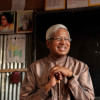
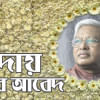
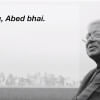
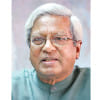


Comments